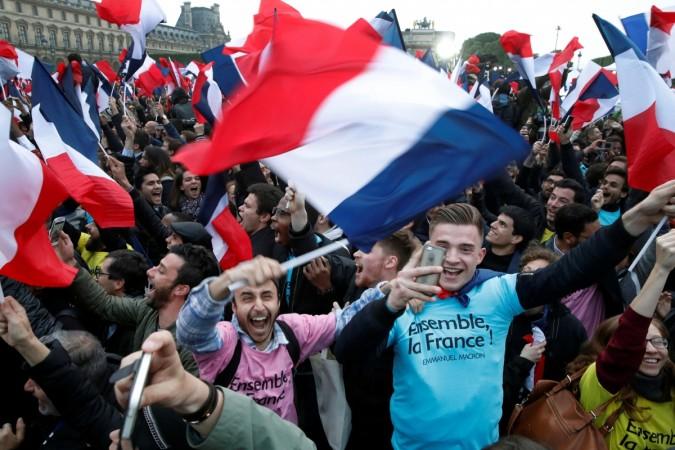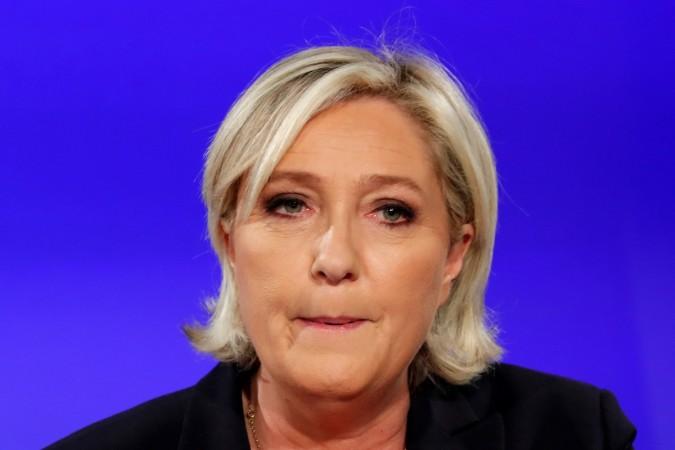
French centrist and pro-trade leader Emmanuel Macron on Sunday, May 7, was elected the next president of France in the run-off with far-right leader Marine Le Pen. The victory broke a trend of right-leaning decisions taken by countries that are world powers in recent times: The UK voted for Brexit and the Americans voted the highly divisive business tycoon-turned-politician Donald Trump to power.
The 39-year-old Macron became the youngest leader to head France ever since Napoleon Bonaparte came to power in the early 19th century. He is the youngest president France has ever elected.
Although opinion polls had given him a clear lead, there was speculation that these surveys could be as wrong, as when they had predicted a comfortable win for Hillary Clinton in the US Presidential elections in November 2016. Nevertheless, Macron managed to get almost two out of every three votes cast in the run-off, comfortably above the margin of half the votes any candidate needs to win.
Macron's journey
Macron has had an uphill task so far, in no small portion because of the anti-immigrant sentiments in not only France but all over Europe. He countered the right-wing propaganda of Le Pen with what has come to be known as a "radical centrist" approach that has come across as logical, pragmatic and unbiased.
That was how he managed to get the highest share of votes in the first round, and went from a maverick outsider who had quit the post of economy minister in the incumbent dispensation and started his own party to being the frontrunner in the race to become the president of France.

Like Hillary Clinton, he too was hit by a leak of emails barely days before the run-off on May 7, but the French electoral controller banned news outlets from making them public. That step is believed to have kept many a swing voter from switching sides and voting for Le Pen.
At a time when Brexit has been triggered and the European economy as a whole is not in great shape, Macron said after being elected president: "I will defend Europe; it is our civilisation that is at stake. I will work to rebuild ties between Europe and its citizens."
Congratulatory messages poured in for Macron after his election as president of France. US President Donald Trump said in a tweet: "Congratulations to Emmanuel Macron on his big win today as the next President of France. I look very much forward to working with him! [sic]"
Breaking the anti-immigration trend
Two big votes before this have hinged on immigrants and immigration. And in both cases, the voters seemed to favour the anti-immigration stand. That was how the UK voted on June 23, 2016, in a referendum to secede from the European Union (EU), in what came to be known as Brexit.

Then, in the US, Republican candidate Donald Trump drummed up anti-immigrant sentiments with his "Make America Great Again" campaign, arguing that American jobs were being taken up by people of other nationalities — either immigrants who came into the country or people overseas to whom the jobs were outsourced. His rhetoric bore fruit when the American electorate voted him to power on November 8, 2016.
It was expected that Marine Le Pen, who promised immigration control similar to Trump and France pulling out of the EU a la Brexit, could get a similar mandate from the French. However, that trend seems to have got broken after Le Pen conceded defeat.














